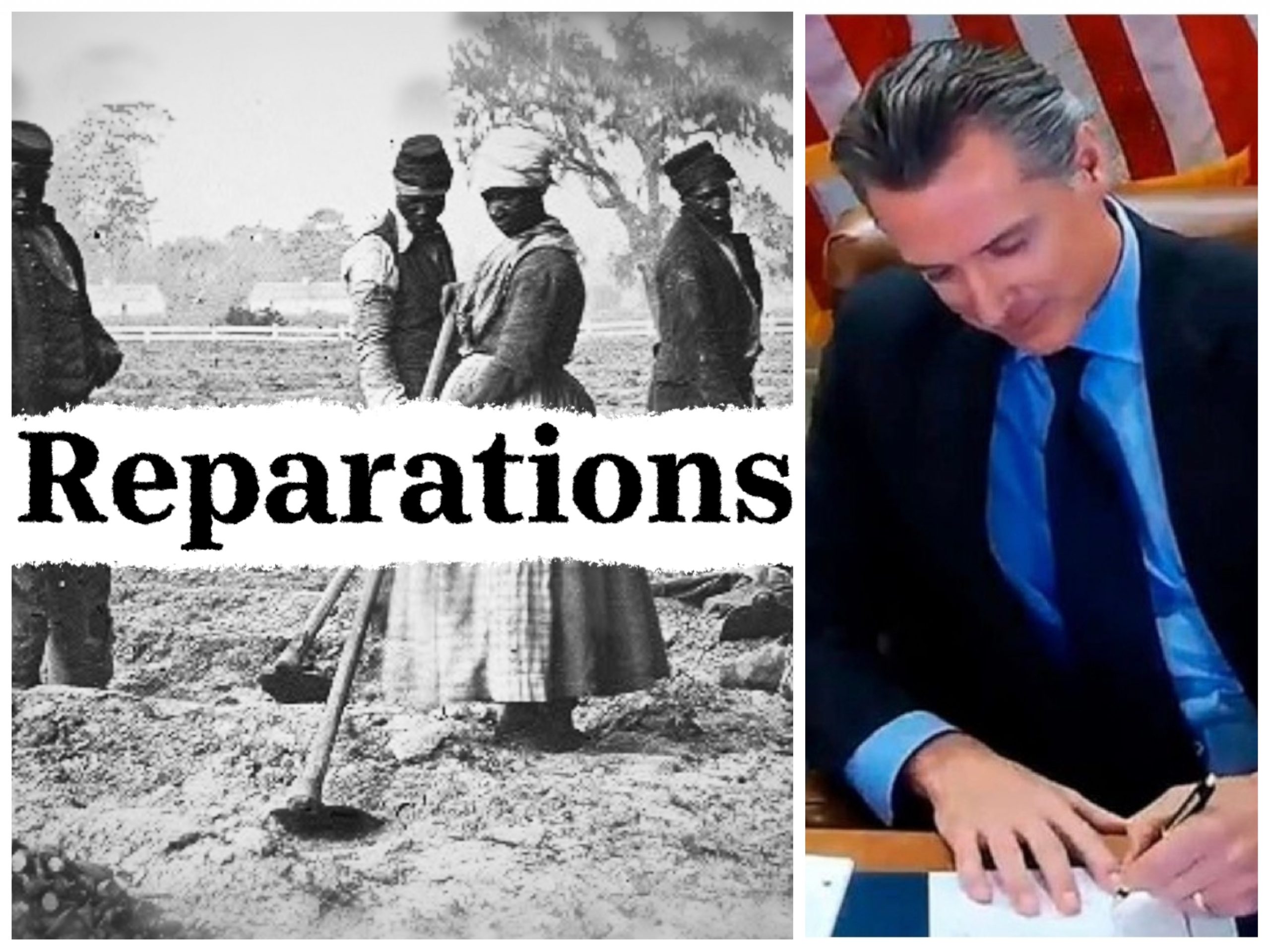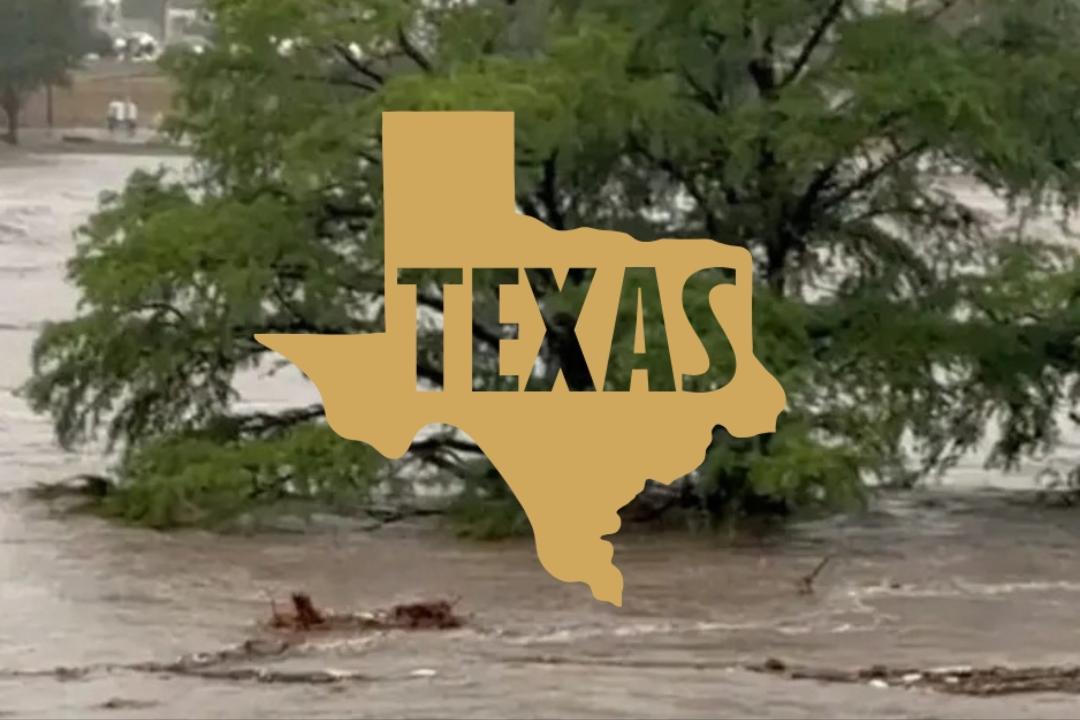A California panel is recommending many changes as it studies how Black people were affected by the lasting scars of slavery that caused a wealth gap.
An interim report is telling lawmakers in Sacramento they should consider how to pay descendants of enslaved people.
In a report, a California plan to financially compensate the descendants of enslaved African Americans could potentially see 2.8 million people in the state receive reparations, though details of the plan are not yet available.
The panel also recommends programs to repay Black land and business owners for value lost in racial terror, programs to get students free tuition, and programs to house vulnerable populations.
They also want to encourage and enhance the Black voter population, including incarcerated people.
The panel has so far logged hours of testimony, hearing from experts on and victims of racist systems, all with ideas on changing California’s approach to housing, policing and education.
Experts are holding diverse ideas about how to close race wealth, education and land ownership gaps.
“We could give an income tax holiday to Black Americans,” Northwestern University Political Science Professor Alvin Tillery said. “That would do an incredible amount of good and that would also stimulate the economy.”
“We’ve seen a number of structural governmental policies that have helped particular groups find their way to saving money, to creating wealth, to building wealth, to buying property, to starting businesses and sending their children or themselves to college,” Washington University History Professor Douglas Flowe said.
In March 2021, Evanston, Illinois became the first city in the U.S. to pay reparations for slavery. The initial phase of Evanston’s plan involved paying 16 city residents $25,000 for home repairs or property costs. The overall program was set to cost $10 million.
The California task force’s report comes less than three weeks before Juneteenth.




